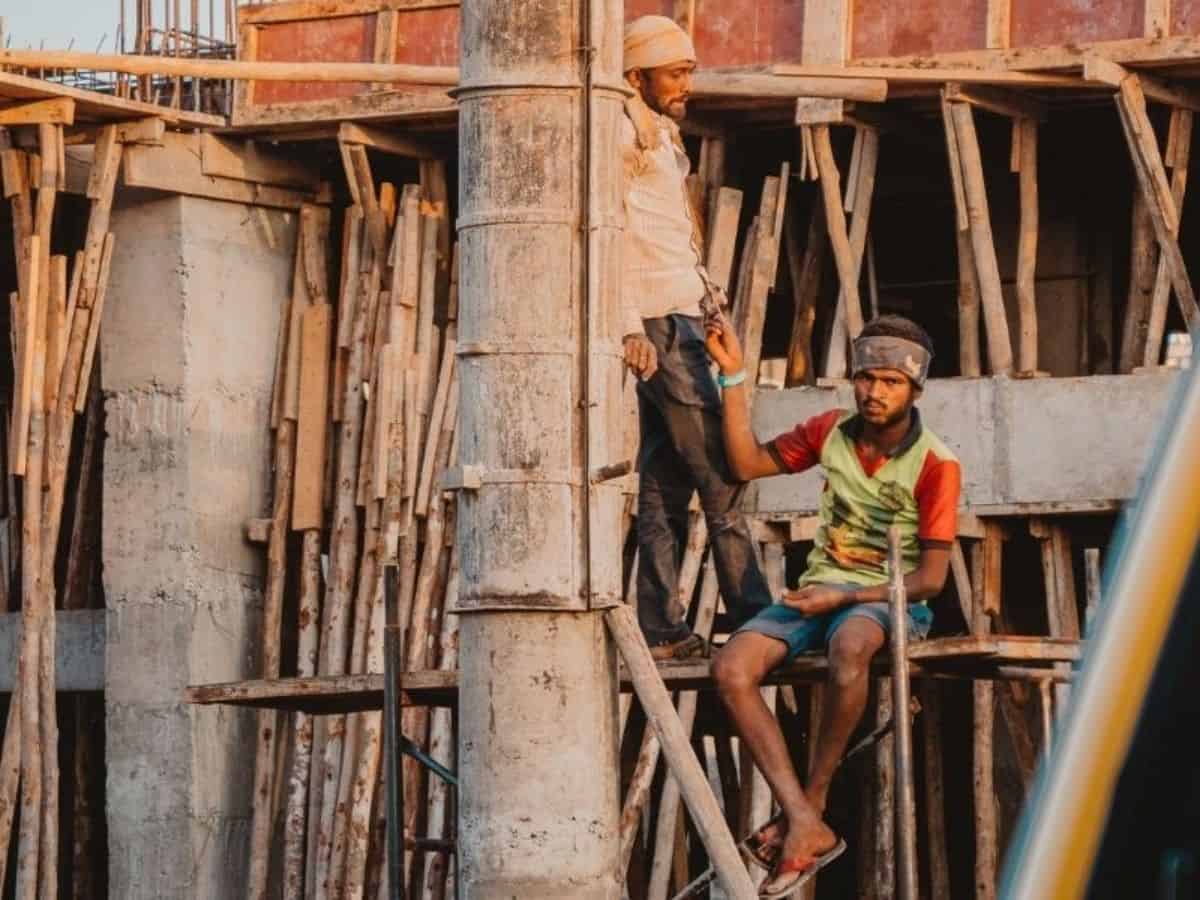
New Delhi: The government on Wednesday said it will make a unique identifier mandatory for all building and construction workers across the country to ensure that migrant workers’ rights are protected.
This identifier, which will be linked to Aadhaar and integrated into the e-Shram database, will facilitate the portability of benefits.
It doesn’t matter if anyone is in Delhi today or Mumbai tomorrow, the family’s entitlements should remain accessible, Labour Secretary Arti Ahuja said.
The senior official made the remarks while addressing the “The Migration Conclave”, organised by the All India Organisation of Employers (AIOE) and FICCI, with the support of the International Labour Organization (ILO) in the national capital.
The upcoming addendum, expected to be released within the next week, will further elaborate on these reforms.
Ahuja addressed the challenges posed by the increasing use of unregistered outsourced labour through contractors.
The four labour codes will require contractors to provide comprehensive benefits to these workers, aligning with the provisions of the Interstate Migrant Workmen Act. These include minimum wages, occupational safety, and access to basic amenities like toilets and worksite creches.
The ministry also plans to implement measures ensuring adequate shelter, sanitation, and awareness of entitlements at these locations, Ahuja said.
She also emphasised the importance of a tripartite mechanism involving workers’ organisations to address specific concerns of migrant workers within industries.
Satoshi Sasaki, Deputy Director, the International Labour Organization (ILO), underscored the significance of labour migration in the current and future labour market.
He highlighted the opportunities and challenges migrant workers face, exacerbated by the Covid-19 pandemic’s impact on decent work access.



